Help Us Save Marine Mammals and Seabirds in Crisis
Sea lions and seabirds along the coast are suffering from domoic acid poisoning. If treated early, survival is possible. However, without timely care, domoic acid poisoning can lead to irreversible brain damage and death.
Sea Lions and Seabirds are in Crisis: Domoic Acid Poisoning
Help Us Save Marine Mammals and Seabirds in Crisis
Sea lions and seabirds along the coast are suffering from domoic acid poisoning. If treated early, survival is possible. However, without timely care, domoic acid poisoning can lead to irreversible brain damage and death.
Join the Wildlife Jewels Rescue Group Wildlife Monitoring Team to assist in locating and reporting distressed sea lions and seabirds. Sign up to be part of our efforts to protect these incredible animals and contribute to their recovery.
Explore Wildlife Jewels Rescue Marine Mammal Resources
If you spot a distressed sea lion, pelican, cormorant, gull, or other seabird, please call for help immediately. Your quick action can save a life!!!
📞 Marine Mammal Rescue Hotlines:
📍 San Diego County: SeaWorld Rescue: (800) 541-7325
📍 Orange County: Pacific Marine Mammal Center: (949) 494-3050
📍 Los Angeles County: California Wildlife Center: (310) 458-9453 and Marine Mammal Care Center: (800)-39-WHALE
📞 Seabird Rescue Hotlines:
📍 San Diego County: SeaWorld Rescue: (800) 541-7325 and San Diego Humane Society Project Wildlife: (619) 299-7012
📍 Orange County: Wetlands & Wildlife Care Center: (714) 374-5587
📍 Los Angeles County: California Wildlife Center: (310) 458-9453 and International Bird Rescue: (310) 514-2573
🆘 What is Domoic Acid Poisoning?
This toxin, produced by harmful algal blooms, affects the nervous system and can cause:
⚠️ Stargazing (abnormal upward gaze)
⚠️ Disorientation & head weaving
⚠️ Mouth foaming & lethargy
⚠️ Erratic behavior & seizures
If you see a deceased Pelican or other Wildife you can help by completing the CDFW form through the link below:
Rescue of a California Sea Lion we spotted in Solana Beach poisoned by domoic acid in June 2023
Call to Action:
In the face of this crisis, time is of the essence. Every second counts when it comes to locating and aiding a distressed wildlife and preventing further harm.
As part of our Wildlife Jewels Rescue Collective Group, we are issuing an urgent call for volunteers to join our efforts in monitoring the beaches and help us locate and report affected sea lions. We are seeking volunteers to stay near the stranded sea lions to protect them from potential disturbances until help arrives.
Your involvement could make a lifesaving difference in the recovery of these majestic sea lions.
How You Can Help:
Please join us to help save sea lions. Whether you have experience in wildlife rescue or simply a passion for protecting our natural habitats, your assistance is invaluable. You’ll simply be walking along the beach while reporting any signs of sickened sea lions.
To help us locate and report distressed sea lions, please submit the form below, and we will provide you with further information and detailed instructions.
Every single Wildlife is precious and every single Wildlife counts. Please join us in this critical mission to save our magnificent seabirds and marine life.
Join us and together let’s work to ensure safety of our precious wildlife!
Help Save Sea Lions with Domoic Acid Poisoning Southern California
Sadly, sea lions across the California coast are suffering from domoic acid poisoning once again.
Sea Lions in Crisis: Suspected Domoic Acid Event
Sadly, sea lions are suffering from domoic acid poisoning once again. Reports from Malibu indicate cases, and the toxin may also be impacting sea lions across Orange County and San Diego. 💔
In 2023 and 2024, this dangerous toxin affected thousands of marine mammals, leading to widespread illness and death. Now, the crisis has reemerged, and sea lions urgently need our help.
A Personal Encounter
During the domoic acid crisis in 2023, we encountered a beautiful sea lion in Solana Beach in distress. He displayed symptoms such as sudden head weaving—a common sign of poisoning. We immediately contacted the nearest marine mammal rescue center and stayed by his side until help arrived from @seaworldsandiego Rescue. The busy beach made the situation even more challenging, with unaware beachgoers and children unknowingly approaching the struggling sea lion.
🆘 What is Domoic Acid Poisoning?
This toxin, produced by harmful algal blooms, affects the nervous system and can cause:
⚠️ Stargazing (abnormal upward gaze)
⚠️ Disorientation & head weaving
⚠️ Mouth foaming & lethargy
⚠️ Erratic behavior & seizures
If not treated promptly, domoic acid poisoning can lead to irreversible brain damage and death.
🚨 How You Can Help
Timely discovery and treatment are life-saving. If you encounter a sea lion showing signs of distress:
✅ Contact the nearest marine mammal rescue center immediately.
✅ Keep a safe distance but stay nearby to ensure the sea lion is not disturbed by dogs, crowds, or unaware beachgoers.
📞 Rescue Hotlines:
📍 Los Angeles County:
🔹 California Wildlife Center: (310) 458-9453
🔹 Marine Mammal Care Center: (800)-39-WHALE
📍 Orange County:
🔹 Pacific Marine Mammal Center: (949) 494-3050
📍 San Diego County:
🔹 SeaWorld Rescue: (800) 541-7325
🌊 Join the Wildlife Jewels Rescue Collective Group!
Help us locate and report distressed sea lions and seabirds by joining our Wildlife Jewels® Rescue Collective Wildlife Monitoring Group.
Join the Wildlife Jewels Rescue Group Wildlife Monitoring Team to assist in locating and reporting distressed sea lions. Sign up to be part of our efforts to protect these incredible animals and contribute to their recovery.
Explore Wildlife Jewels Rescue Marine Mammal Resources
Rescue of a California Sea Lion we spotted in Solana Beach poisoned by domoic acid in June 2023
Call to Action:
In the face of this crisis, time is of the essence. Every second counts when it comes to locating and aiding a distressed wildlife and preventing further harm.
As part of our Wildlife Jewels Rescue Collective Group, we are issuing an urgent call for volunteers to join our efforts in monitoring the beaches and help us locate and report affected sea lions. We are seeking volunteers to stay near the stranded sea lions to protect them from potential disturbances until help arrives.
Your involvement could make a lifesaving difference in the recovery of these majestic sea lions.
How You Can Help:
Please join us to help save sea lions. Whether you have experience in wildlife rescue or simply a passion for protecting our natural habitats, your assistance is invaluable. You’ll simply be walking along the beach while reporting any signs of sickened sea lions.
To help us locate and report distressed sea lions, please submit the form below, and we will provide you with further information and detailed instructions.
Every single Sea Lion is precious and every single Sea Lion counts. Please join us in this critical mission to save our magnificent Sea Lions.
Join us and together let’s work to ensure safety of our precious wildlife!
Wildlife Rescue Resources for Los Angeles Area Wildlife Fire Victims
Wildlife Rescue Resources for Los Angeles Area
If you encounter distressed, injured, or orphaned wildlife in the Los Angeles area, it is crucial to report it to a licensed wildlife rehabilitation center as soon as possible. Timely intervention can significantly improve the chances of recovery for the animal.
We are devastated by the tragic fires sweeping through Los Angeles.
To everyone impacted by the fires, please stay safe, follow evacuation orders, and stay updated through official channels.
If you come across distressed, injured, or displaced wildlife impacted by the fires, please contact a licensed wildlife rehabilitation center immediately. Quick action can make a critical difference in their chance for survival and recovery.
Visit the link HERE for wildlife rescue resources in the Los Angeles area.
Interested in helping save wildlife? To Join our wildlife monitoring and rescue group to help detect and report distressed wildlife, apply HERE!
One of our dedicated volunteers spotted a precious bird with one missing foot and the other entangled in fishing line.
December 15th 2024, Corona del Mar State Beach
Community Beach Cleanup and the Moving Encounter with an Entangled Gull at Corona del Mar State Beach
On Sunday December 15th, Wildlife Jewels organized and hosted a community beach clean-up in Corona Del Mar State Beach and king tides exploration walk at little corona del mar tide pools. During the event, we encountered a beautiful Gull with one foot missing and the other entangled in fishing line. As we wrapped up, the Gull flew towards us, landing nearby, almost as if seeking help. This unforgettable moment was a powerful reminder of the devastating impact debris has on our precious wildlife.
On Sunday, December 15th, Wildlife Jewels hosted a community guided educational beach cleanup at Corona del Mar State Beach, paired with a King Tides exploration walk at the Little Corona del Mar tide pools. This event was part of our Sweep for Wildlife program, an initiative under our Ocean Conservation efforts that focuses on cleaning beaches while educating the community about native wildlife, the threats posed by debris, and actionable steps to protect them.
A Day of Learning and Discovery
During the educational segment, we highlighted the increased number of seabirds and gulls observed during recent wildlife monitoring walks at Crystal Cove Beach and Corona del Mar State Beach. These monitoring efforts aim to shed light on the challenges marine life face due to human activities, especially debris like fishing lines.
A Heartbreaking Encounter
Shortly after our walk, one of our volunteers noticed a beautiful gull with one missing foot and another foot tightly entangled in fishing line. Concerned participants observed and photographed the bird as she struggled. As the cleanup wrapped up, the gull flew towards our group and landed nearby, almost as if she was seeking help.
It was a heartbreaking reminder of the devastating impact marine debris has on wildlife. This moment deeply resonated with our team and volunteers, driving home the urgency of our mission. Over the past months, our wildlife monitoring efforts have documented a concerning increase in gulls with missing feet or fishing-line injuries. These injuries can be preventable with greater awareness and action to address the root cause.
A Call to Action
Every animal matters. This event reinforced why community involvement is vital in reducing marine debris and protecting wildlife. We encourage everyone to keep an eye out for injured and entangled wildlife and report sightings as soon as possible.
To report a distressed Wildlife Contact:
Santa Barbara (805) 681-1080 (Santa Barbara Wildlife Network)
Orange County (714) 374 - 5587 Wetlands & Wildlife Center or Orange County Animal Control 714-935-6848
Orange County Animal Control after hours (949)644-3717
Los Angeles (310) 514- 2573
San Diego (800) 541- 7325
To Join our wildlife monitoring and rescue group to help detect and report distressed wildlife, sign up HERE!
Community Beach Cleanup and the Moving Encounter with an Entangled Gull at Corona del Mar State Beach December 15th at Corona del Mar State Beach
Fishing Gear
Every day, countless seabirds, sea turtles, and marine mammals suffer injuries or lose their lives due to entanglement in fishing lines and hooks. This includes the tragic consequence of swallowing fishing hooks.
Hooks and lines caught in debris can lead to devastating entanglements for animals, causing injuries to legs, wings, and beaks of birds. A single hook caught in a beak or mouth can be devastating leading to starvation and death.
Thanks to the dedication of our participants, we were able to locate and remove fishing lines and at least one fishing hook during our clean-up in Corona Del Mar. This debris poses a significant threat to seabirds and shorebirds, especially as lines and hooks become ensnared in branches and seaweed along the shoreline— where these birds search for food.
By picking up debris, even just one fishing hook, you are making a difference saving wildlife!
Wildlife Jewels King Tides Sweep and Learn for Wildlife walk in Corona Del Mar! December 15, 2024
Sadly, we also encountered a beautiful Gull who was missing one foot, with the other tightly wrapped in a fishing line. Concerned volunteers observed her at the start of the event. To our surprise, as we wrapped up the cleanup, she flew towards our group, landed nearby, and watched us as if she was asking for help. Witnessing this was a heartbreaking reminder of the devastating impact marine debris has on our precious wildlife. Over the past few months, we've observed a significant increase in the number of gulls with missing feet and/or entangled in fishing line during our coastal wildlife monitoring efforts. Every animal matters, and it’s a call to action for all of us to help protect them.
One of our dedicated volunteers spotted a precious bird with one missing foot and the other entangled in fishing line.
December 15th 2024, Corona del Mar State Beach
From Rescue to Flight: The Inspiring Journey of Two Precious Hummingbirds We Had the Delight of Meeting at Our Planting Event
During our December Plant for Hummingbirds & Butterflies event at Castaways Park, we had the honor of meeting two precious rescued hummingbirds.
On Sunday, December 8th, Wildlife Jewels hosted a community planting event at Newport Beach's Castaways Park, uniting nature enthusiasts to support local hummingbirds, butterflies, bees, and other vital pollinators. Our goal was to raise awareness about precious pollinators through the arts, enhance the city's natural beauty with vibrant blooms, and promote wildlife conservation. Thanks to the dedication and generosity of our supporters, we successfully planted approximately 135 pollinator-friendly plants!
Throughout the event, we planted native flowers that attract and sustain hummingbirds, shared educational information about the importance of native plants, and highlighted incredible facts about hummingbirds and the innovations inspired by them. Attendees learned about the threats these tiny birds face and ways they can help protect them. We also showcased artwork inspired by a special hummingbird and monarch butterfly we helped rescue, sharing their stories and recounting the tale of a hummingbird we had the privilege of caring for.
A highlight of the event was the visit from two precious rescued Hummingbirds, brought by Cindi, Wetlands & Wildlife Care Center of Orange County Wildlife rehabilitation. Everyone had the chance to learn about the hummingbird’s journey and recovery story, making the day even more memorable. It is such a delight to hear that both precious hummingbirds have been rehabilitated and successfully released back into the wild since our event!
Two precious rescued Hummingbirds by Wetlands & Wildlife Care Center of Orange County Wildlife Rehabilitation at Wildlife Jewels Plant for Butterflies and Hummingbirds at Castaways Park, December 8th 2024
Discover the story of these two precious hummingbirds provided by Cindi!
The Juvenile Anna's hummingbird was from Laguna Niguel on December 3. He was trapped in a house for many hours. He collapsed from exhaustion & the home owner scooped him up & brought him to me. He was completely depleted of all energy & had suffered a concussion as a result of hitting his head on the ceiling. He was om pain/ anti-inflammatory medication for 3 days. He was given a special diet to help him recover from exhaustion. He recovered well and was released back into the wild where he was found on December 17.
The adult male Allen's hummingbird was from Irvine & had hit a window. He suffered a head injury & a slight spinal injury as a result of hitting the window. He was near the Google building near John Wayne Airport. There are a lot of glass high risers around that area. This little hummingbird recovered nicely and was released back into the wild on December 17.
To learn more about ways you can help protect hummingbirds from window strikes see the links below.
CollidEscape.org,
Featherfriendly.com
Flap.org
To learn more about Hummingbirds visit ifoundahummingbird.com. To report an injured or distressed Hummingbird you can contact:
Cindi Galey: 714-580-1793
Anne Stratton: 714-454-7707
Image Courtesy of ifoundahummingbird.com | Anna's Male Dec 2024 Release Collage.
Wildlife Jewels “Peridot the Hummingbird Gem” Fine Art +
A lovely Hummingbird nest with two eggs ifoundahummingbird.com
Hibiscus Paraplu Pink at Wildlife Jewels Plant for Hummingbirds & Butterflies at Castaways Park
Photos from our Plant for Hummingbirds & Butterflies Event at Castaways Park, 8 December 2024
Inspiring Day! We planted flowers for hummingbirds & butterflies, learned about the native plants they love, explored fascinating facts about hummingbirds & butterflies, innovations inspired by them, the major threats they face, and how to protect them. We also had the chance to witness two precious rescued hummingbird in care, admired hummingbird & butterfly-inspired fine art, and enjoyed delicious cupcakes!
Lovely Plants by Roger’s Gardens & City of Newport Beach
Cupcakes by Sprinkles Cupcakes
Fine Art by Wildlife Jewels Arts “Peridot the Hummingbird” Canvas mixed media showcased + Wildlife Jewels Collections “Peridot the Hummingbird” ceramic ornament & Mandarin Garnet the Monarch Butterfly Art
Wildlife Jewels Plant for Hummingbirds at the Newport Beach Civic Center | Sprinkles Cupcakes, Roger's Gardens Plants, Wildlife Jewels Collections Peridot the Hummingbird Fine Art & Ornament
📷 📹 © Wildlife Jewels Plant for Hummingbirds & Butterflies at Castaways Park
Past Wildlife Jewels Plant for Hummingbirds Updates
Wildlife Jewels Conservation Partners & Collaborators Updates
Wildlife Jewels World Wildlife Day Updates
Wildlife Jewels Rescue Updates
Wildlife Jewels Sweep for Wildlife Updates
Entangled Sea Lion at La Jolla Cove Urgently Needs Help
During our wildlife monitoring walk at La Jolla Cove today, we encountered a troubling sight: a sea lion entangled in a gill net. He was resting close to the cliff wall at Boomer Beach just south of Point La Jolla, appearing severely hurt and not moving.
During our wildlife monitoring walk at La Jolla Cove today, we encountered a troubling sight: a sea lion entangled in Gillnet. He was resting close to the cliff wall at Boomer Beach just south of Point La Jolla, appearing severely hurt and not moving.
We reported the sea lion and stayed by him until past sunset. If you spot this sea lion, please call for help immediately.
How You Can Help:
Report Distressed Sea Lions: If you encounter a sea lion showing signs of distress, contact the nearest marine mammal rescue center immediately.
Report Distressed Sea Lions in San Diego: 1-800-541-SEAL (7325)
Keep a Safe Distance: Maintain a safe distance from the sea lion and guard the animal until rescuers arrive.
Ensure Public Awareness: Help keep beachgoers and dogs away from the sea lion to minimize stress and potential harm until rescuers arrive.
Join the Wildlife Jewels Rescue Group Wildlife Monitoring Team to assist in locating and reporting distressed sea lions. Sign up to be part of our efforts to protect these incredible animals and contribute to their recovery.
Every single Sea Lion is precious and every single Sea Lion counts. Join us in this critical mission to save our magnificent Sea Lions.
Entangled Sea Lion at La Jolla Cove 16 November 2024
Join us and together let’s work to ensure safety of our precious wildlife!
Distressed Sea Lion at Point La Jolla Needs Help
During our wildlife monitoring walk at La Jolla Cove yesterday, we were disturbed to spot and report a distressed sea lion. We spotted a male sea lion dragging himself on the sand, right flipper appearing to be tied up with a rope, looking very thin and weak.
Upon returning to La Jolla Cove to search for the entangled sea lion from Tuesday, we were devastated to find another distressed sea lion—a female with a severe prolapse. We last saw her around 1 PM on October 23rd, lying near the edge of the cliff at Point La Jolla. We also noticed that her front right flipper is tagged, indicating she has previously been rehabilitated.
Please keep an eye out for her, and if you spot her, call for assistance as soon as possible.
How You Can Help:
Report Distressed Sea Lions: If you encounter a sea lion showing signs of distress, contact the nearest marine mammal rescue center immediately.
Report Distressed Sea Lions in San Diego: 1-800-541-SEAL (7325)
Keep a Safe Distance: Maintain a safe distance from the sea lion and guard the animal until rescuers arrive.
Ensure Public Awareness: Help keep beachgoers and dogs away from the sea lion to minimize stress and potential harm until rescuers arrive.
Join the Wildlife Jewels Rescue Group Wildlife Monitoring Team to assist in locating and reporting distressed sea lions. Sign up to be part of our efforts to protect these incredible animals and contribute to their recovery.
Every single Sea Lion is precious and every single Sea Lion counts. Join us in this critical mission to save our magnificent Sea Lions.
Sea Lion entangled prolapse at La Jolla Cove 23 October 2024
Join us and together let’s work to ensure safety of our precious wildlife!
Distressed Sea Lion at La Jolla Cove Needs Help
During our wildlife monitoring walk at La Jolla Cove yesterday, we were disturbed to spot and report a distressed sea lion. We spotted a male sea lion dragging himself on the sand, right flipper appearing to be tied up with a rope, looking very thin and weak.
During our wildlife monitoring walk at La Jolla Cove yesterday, we were disturbed to spot and report a distressed sea lion. We spotted a male sea lion dragging himself on the sand, back flippers appearing to be tied up with a rope, looking very thin and weak.
Please keep an eye on the beach for him and if you spot him call for help ASAP.
How You Can Help:
Report Distressed Sea Lions: If you encounter a sea lion showing signs of distress, contact the nearest marine mammal rescue center immediately.
Report Distressed Sea Lions in San Diego: 1-800-541-SEAL (7325)
Keep a Safe Distance: Maintain a safe distance from the sea lion and guard the animal until rescuers arrive.
Ensure Public Awareness: Help keep beachgoers and dogs away from the sea lion to minimize stress and potential harm until rescuers arrive.
Join the Wildlife Jewels Rescue Group Wildlife Monitoring Team to assist in locating and reporting distressed sea lions. Sign up to be part of our efforts to protect these incredible animals and contribute to their recovery.
Every single Sea Lion is precious and every single Sea Lion counts. Join us in this critical mission to save our magnificent Sea Lions.
Sea Lion entangled flippers at La Jolla Cove 22 October 2024
Join us and together let’s work to ensure safety of our precious wildlife!
Help Us Report Sea Lions with Domoic Acid Poisoning Across California Coast
Sadly, sea lions across the California coast are suffering from domoic acid poisoning once again. Last year, this dangerous toxin affected thousands of marine mammals, leading to widespread illness and death. Sadly, the crisis has reemerged, and sea lions urgently need our help.
Help Us Report Sea Lions with Domoic Acid Poisoning Across California Coast
Sadly, sea lions across the California coast are suffering from domoic acid poisoning once again. Last year, this dangerous toxin affected thousands of marine mammals, leading to widespread illness and death. Sadly, the crisis has reemerged, and sea lions urgently need our help.
During the domoic crisis in 2023, we encountered a beautiful sea lion in Solana Beach who was clearly in distress. We observed him on the sand, displaying unusual behavior such as sudden head weaving—a common symptom of domoic acid poisoning. Concerned for his well-being, we immediately contacted the nearest marine mammal rescue center and stayed by his side until help arrived from SeaWorld Rescue San Diego. The situation was made more challenging by the busy summer beach day, with crowds and children unknowingly approaching and disturbing the sea lion.
Domoic acid poisoning in sea lions can cause severe symptoms including stargazing (an abnormal upward gaze), disorientation, head weaving, mouth foaming, lethargy, and erratic behavior. The toxin leads to seizures and severe brain inflammation, which, if not addressed promptly, can cause irreversible brain damage and death.
How You Can Help:
Report Distressed Sea Lions: If you encounter a sea lion showing signs of distress, contact the nearest marine mammal rescue center immediately.
Marin County: The Marine Mammal Center (415) 289-7325
Los Angeles: Marine Mammal Care Center (424) 450-0570
Orange County: Pacific Marine Mammal Center (949) 494-3050
San Diego: SeaWorld Rescue 1-800-541-SEAL (7325)
Keep a Safe Distance: Maintain a safe distance from the sea lion and guard the animal until rescuers arrive.
Ensure Public Awareness: Help keep beachgoers and dogs away from the sea lion to minimize stress and potential harm until rescuers arrive.
Join the Wildlife Jewels Rescue Group Wildlife Monitoring Team to assist in locating and reporting distressed sea lions. Sign up to be part of our efforts to protect these incredible animals and contribute to their recovery.
Rescue of a California Sea Lion we spotted in Solana Beach poisoned by domoic acid in June 2023
Call to Action:
In the face of this crisis, time is of the essence. Every second counts when it comes to locating and aiding a distressed wildlife and preventing further harm.
As part of our Wildlife Jewels Rescue Collective Group, we are issuing an urgent call for volunteers to join our efforts in monitoring the beaches and help us locate and report affected sea lions. We are seeking volunteers to stay near the stranded sea lions to protect them from potential disturbances until help arrives.
Your involvement could make a lifesaving difference in the recovery of these majestic sea lions.
How You Can Help:
Please join us to help save sea lions. Whether you have experience in wildlife rescue or simply a passion for protecting our natural habitats, your assistance is invaluable. You’ll simply be walking along the beach while reporting any signs of sickened sea lions.
To help us locate and report distressed sea lions, please submit the form below, and we will provide you with further information and detailed instructions.
Every single Sea Lion is precious and every single Sea Lion counts. Please join us in this critical mission to save our magnificent Sea Lions.
Join us and together let’s work to ensure safety of our precious wildlife!
Call for Volunteers: Protect Our Seabirds and Marine Life from Tar Balls Along Beaches!
Our call for volunteers continues as seabirds and marine life need your help. On Thursday, March 7th, an oil sheen stretching 2.5 miles in length and 0.5 miles in width was discovered approximately 2.8 miles off the coast of Huntington Beach. Adding to the crisis, tar balls have been washing up along the nearby beaches.
Our seabirds and marine life urgently need your help!
Our urgent call for help continues as seabirds and marine life urgently need your help. On Thursday, March 7th, an oil sheen stretching 2.5 miles in length and 0.5 miles in width was discovered approximately 2.8 miles off the coast of Huntington Beach. Adding to the crisis, tar balls have been washing up along the nearby beaches.
As of March 17th: “14 live oiled birds were collected between March 8-16, four of which died or were humanely euthanized. Ten birds remain in care this evening, eight of which have been washed.” Source: Office of Spill Prevention and Response - OSPR
Yesterday, during our walk along the stunningly beautiful Crystal Cove State Marine Conservation Area beach, we observed numerous tar balls scattered along the shoreline. These tar balls pose a severe threat to wildlife and seabirds, as they can adhere to feathers, leading to a loss of waterproofing and exposure to cold temperatures. When the birds attempt to remove tar balls, it can result in ingesting hazardous materials. Additionally, the varied shapes and sizes of tar balls may be mistaken for food particles, leading to ingestion and eventual death due to the toxic compounds they contain.
In response to this urgent situation, as part of our Wildlife Jewels® Rescue initiative, we have formed a team to actively patrol our surrounding beaches to locate and report affected wildlife and tar balls. We are seeking volunteers to join us in this crucial effort.
How You Can Help:
If you are willing and able to contribute to this crucial cause, please consider volunteering with our team. Whether you have experience in wildlife rescue or simply a passion for protecting our natural habitats, your assistance is invaluable.
Upon receiving registration confirmation with Wildlife Jewels, you will be provided with detailed information and guidelines. You will simply walk along the designated area of the beach assigned to you based on your preferred selection, notify us of any findings, and call the Oiled Wildlife Care Network at 1-877-823-6926 immediately if you spot oiled wildlife.
For more information about Oiled Wildlife Care Network, safety guidelines, and how to report an oiled wildlife visit their website at: https://owcn.vetmed.ucdavis.edu/
Every single wildlife matters. Please join us in this vital mission to protect and preserve our precious seabirds and marine life.
To Volunteer:
Please email Rescue@WildlifeJewels.org for further details on how to join our team and help us locate and report affected wildlife.
Call for Volunteers: Help us report affected wildlife and sightings of tar balls along the orange county beaches.
Urgent Call: Volunteers Needed to Locate and Report Wildlife Affected by Huntington Beach Oil Sheen
Join us and together let’s work to ensure safety of our precious wildlife!
























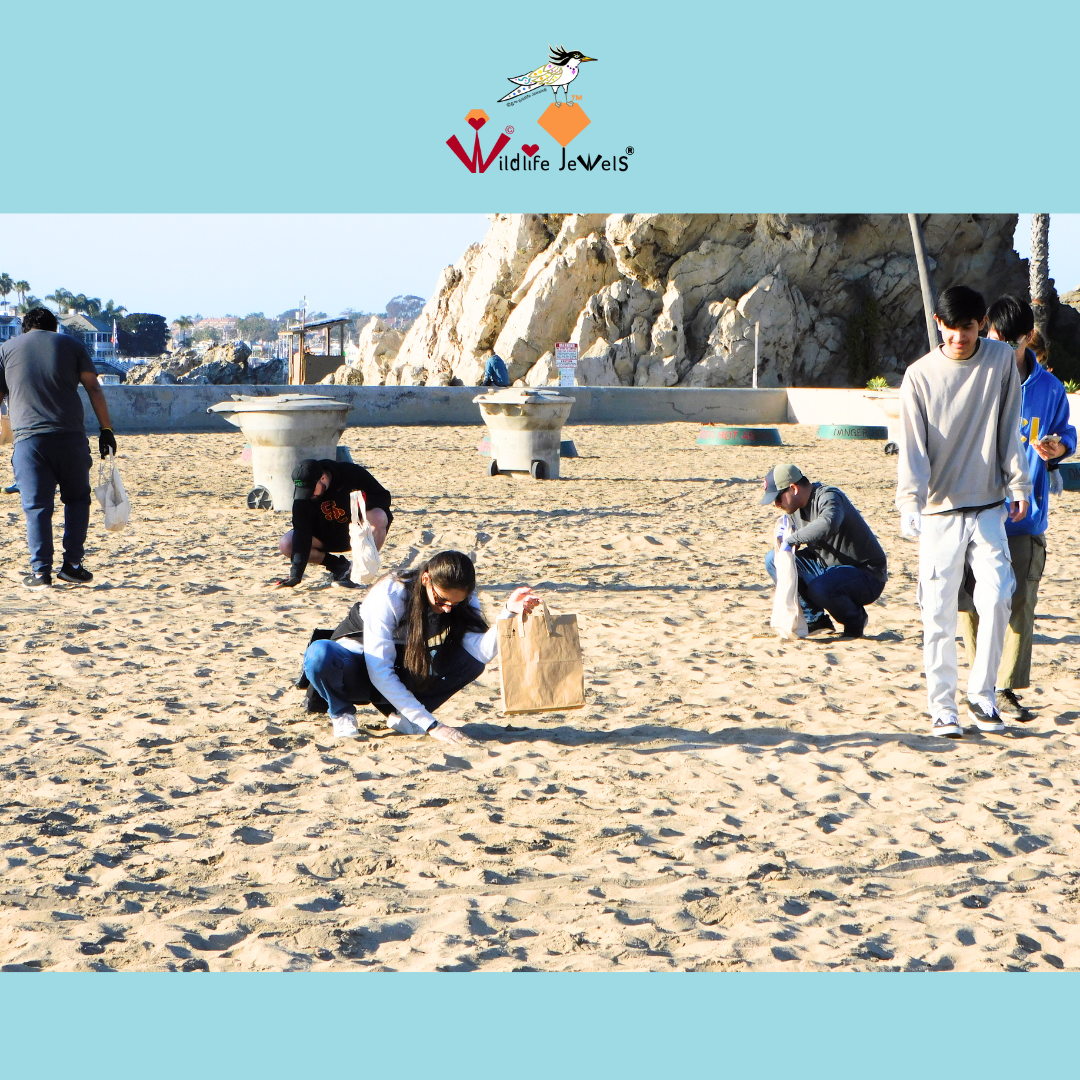





























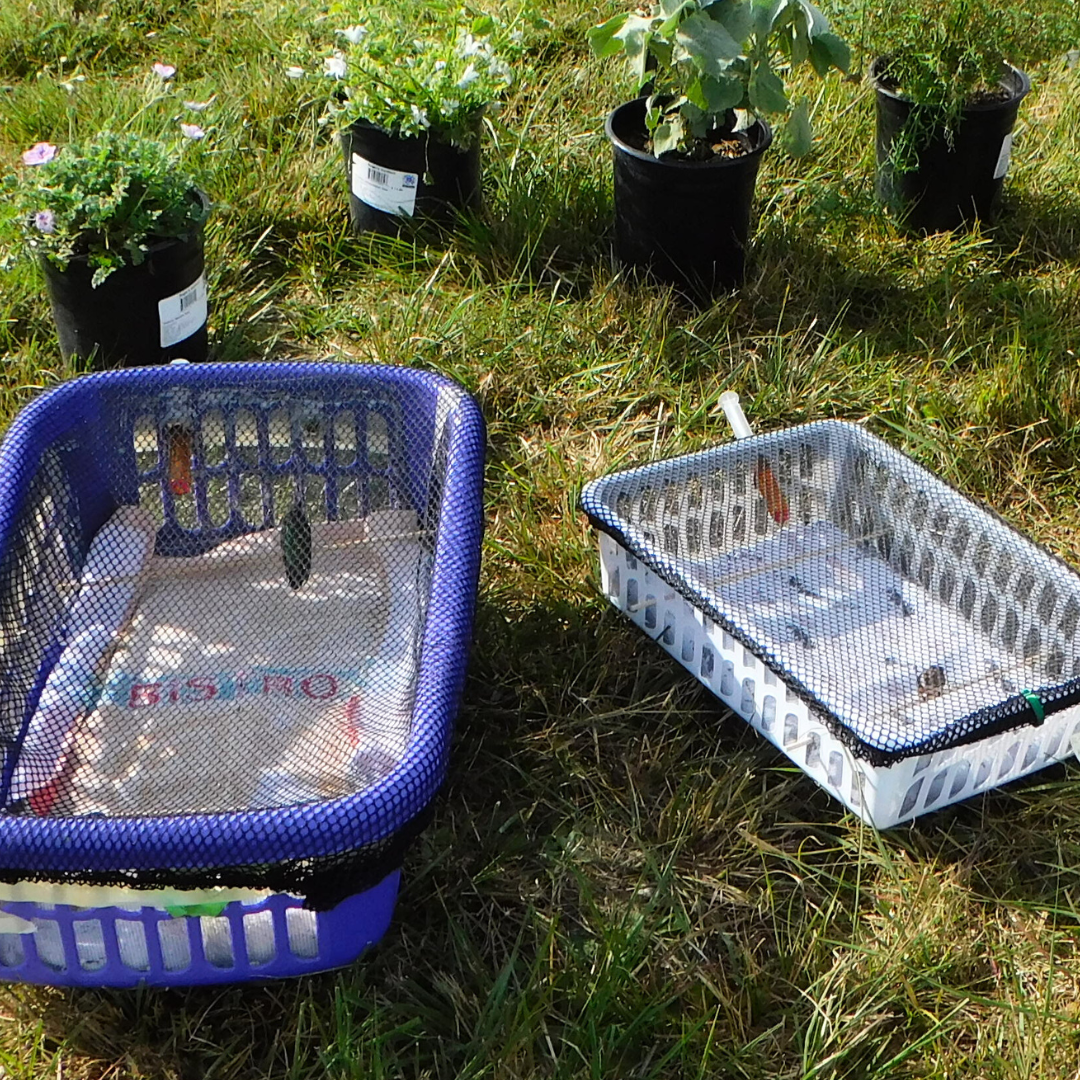


































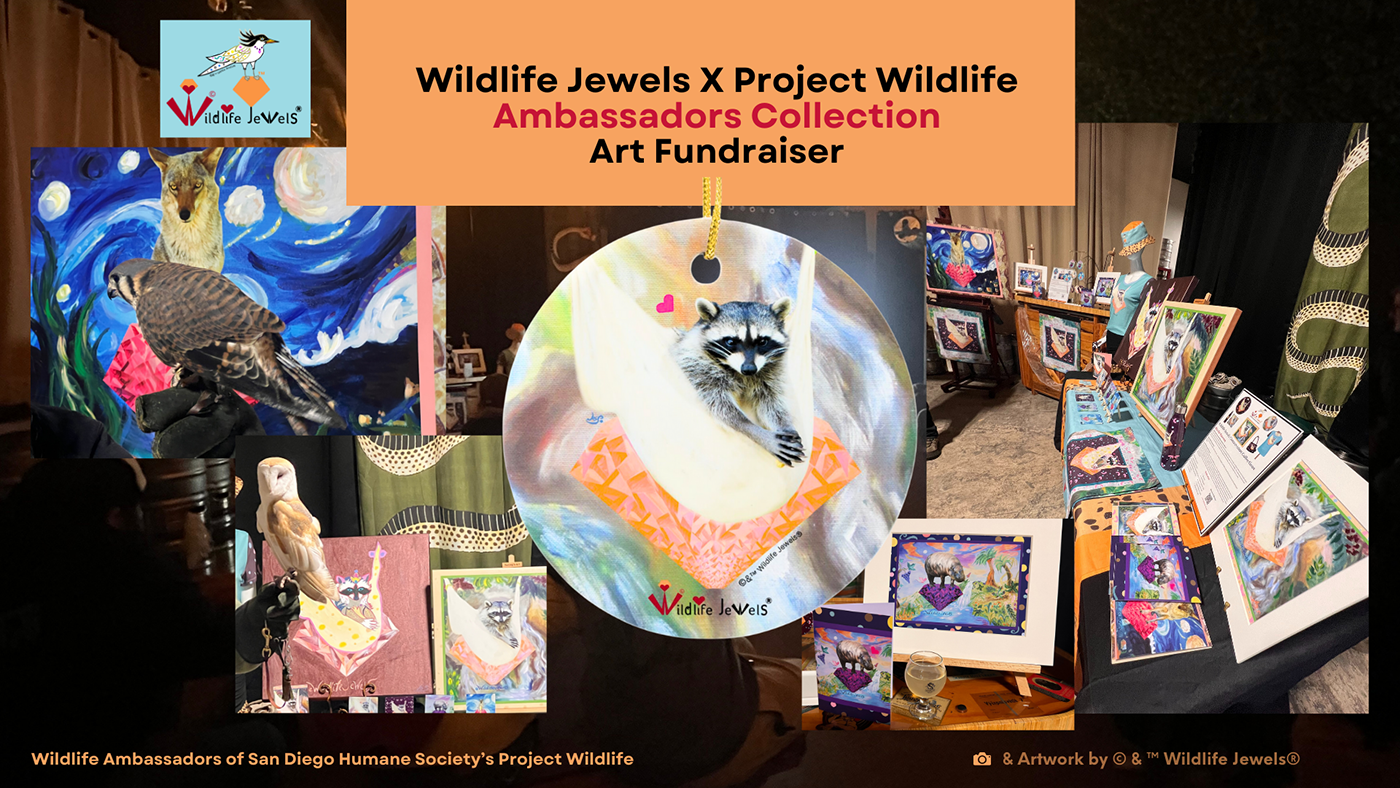






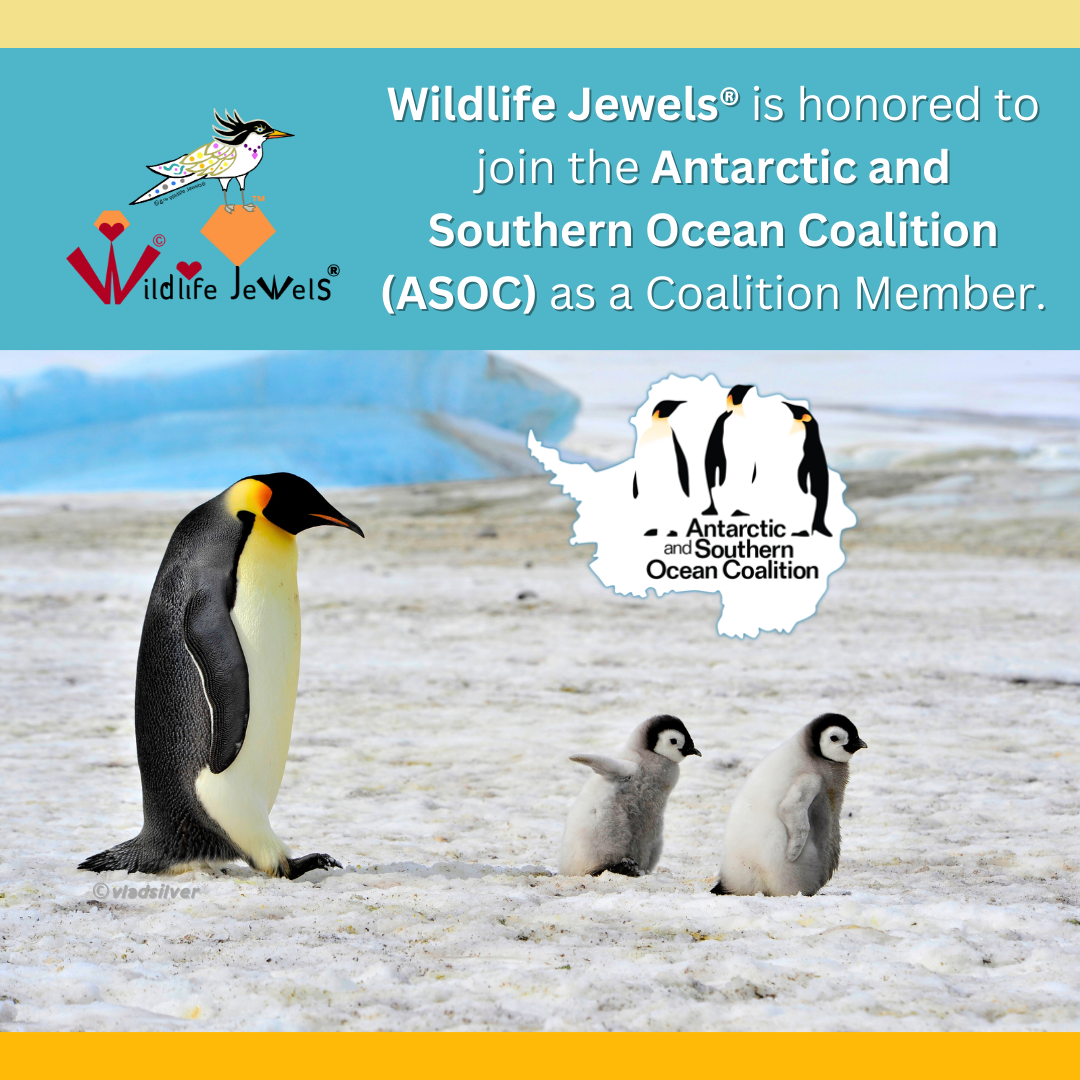
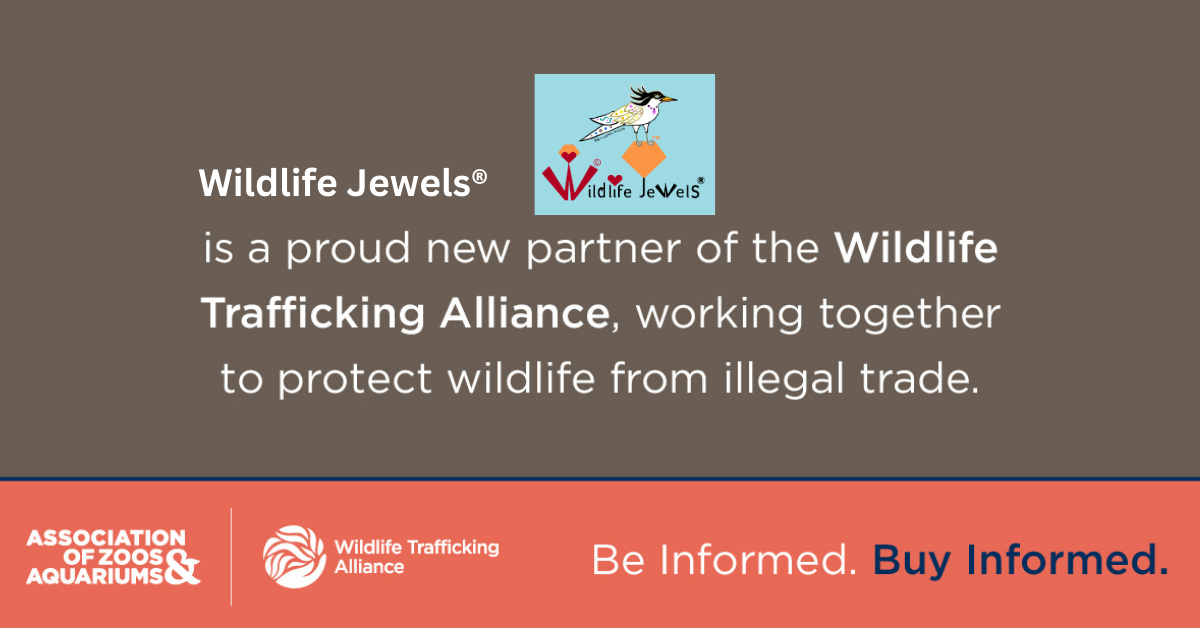











Our majestic California Brown Pelicans are facing a devastating crisis—domoic acid poisoning. One of the earliest signs is head swaying, a symptom. This video shows just a few of the many pelicans we observed suffering at La Jolla Cove on Thursday.